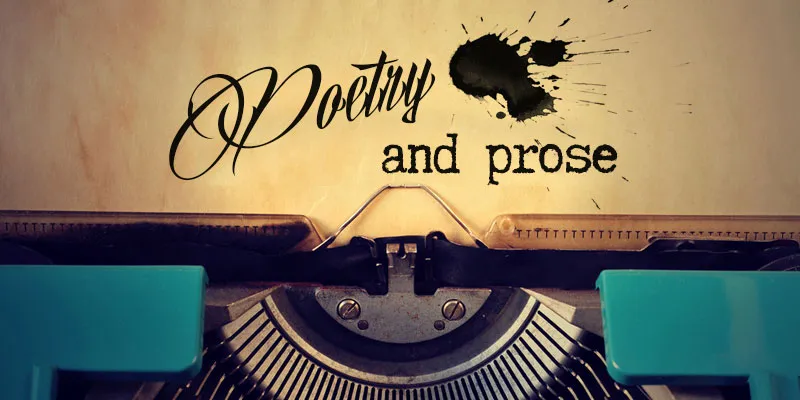The 3 Ps of balancing poetry and prose in a startup
“Politicians campaign in poetry and govern in prose”. This is how Mario Cuomo, the former Governor of New York, described the varying strengths politicians need when seeking office, and while governing.
Poetry is the politician’s narrative, a vision of the future, an imagination of how the constituents’ lives will be once he or she is elected. Prose is the plumbing of that imagination or vision, and of converting the narrative into on-the-ground reality. Poetry is why they are elected, and prose is why they remain elected! Politicians need to balance poetry and prose to be successful and win elections again and again.

So, do companies also need to balance poetry and prose? Can they survive on the excess of one and lack of the other?
My submission is that for a company to be scalable and sustainable, the entrepreneur and the team need to ensure a good balance of poetry and prose across the continuum of the company’s growth. In the early days of a startup, poetry in large doses helps convince the first customer to buy, the first employee to join the journey, and the first investor to invest. As the company grows, the poetry needs to be balanced with prose so that the company grows, in a predictable manner, and eventually becomes valuable.
- People
The best way to balance poetry and prose is to ensure that the founders have both skill sets – either individually or collectively – a CEO who is great at poetry and a COO who is great at prose!
If the founding team lacks one of the two skills, then it is important to ensure that the first hires have the complementary skills for this continuum of poetry and prose. Another way for young companies to manage the balance is to have an advisor or a mentor, who can help identify the gaps and be the temporary filler.
- Performance of the Promise
The gap between promise and performance is directly proportionate to the balance between poetry and prose. In many ways, the budget is the poetry, and actual performance the prose. Therefore, it is important to track the actual performance against the budget, and critically examine the reasons for the gap. Such a critical examination will eventually lead to finding the balance or the solutions to creating the balance. Is it people? Is it the process? Is it the opacity of the process? Is the poetry itself wrong i.e., is the articulation of the value proposition wrong?
- Plumbing
For businesses to be sustainable and scalable, they need to become and be predictable. Predictability can only be achieved through organisational prose and process. Whether it is the process of finding consumers, and serving them, or the process of hiring and firing employees, or retaining them, process plays a very crucial role in the growth of a company. The processes need to be perceived as being transparent, fair and open for an organisation to scale.
As I reflect on the journey of Seedfund (which I co-founded), I realise that we have had great prose and a mixed bag of poetry (some bad and some non-existent). A combination of poor poetry and great prose has resulted in entrepreneurs, who are engaged and motivated to perform. Their performance has led to superlative returns for our investors. For us to build a long-term sustainable brand that is the first stop for all entrepreneurs thinking of starting a company focussed on India’s problems, we need to work on our poetry quotient.
In 1999-2000; a group got together to start Bangalore Labs. They had great poetry – perhaps one of the best in the last decade. However, this wasn’t backed by any prose, leading to a spectacular flameout! Jeeves, an after-sales service and installation company, whose board I was on, had great prose but very poor poetry, which restricted its growth and our returns.
A company with strong poetry can result in burnout after the initial euphoria, and a company with all prose and no poetry can never achieve its destined greatness.
So, what is your poetry vs. prose quotient?
Also read: Founder vs Founder: Democracy isn’t the solution!







